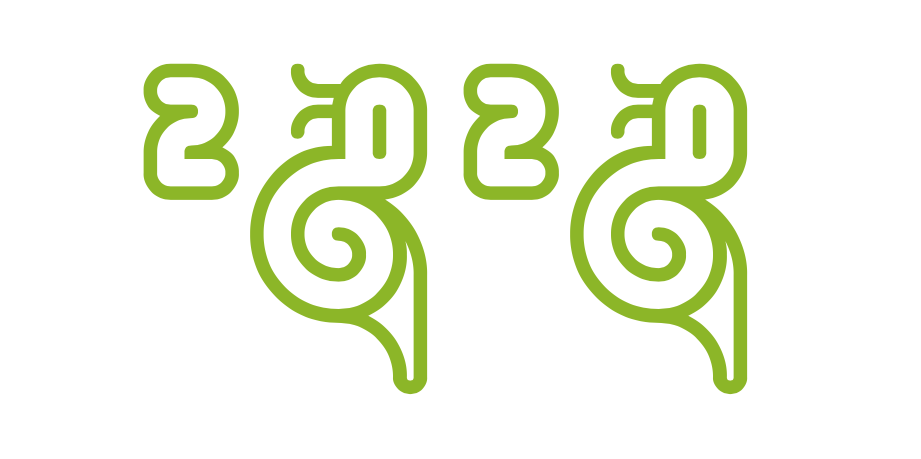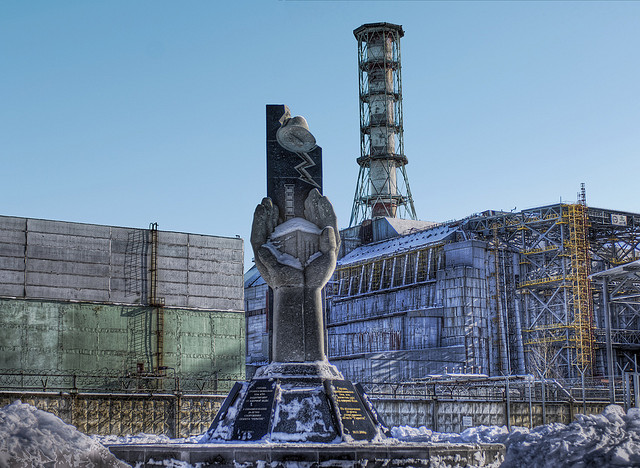The time has come for ESEE to take a firmer stand and address the impossibility of tackling the monumental ecological crisis we are facing with partial solutions. In order to remain relevant ESEE needs to empower its members to speak the truth, confront power and focus their energies on finding meaningful, holistic and truly transformative solutions.
The 13th International Conference of the European Society for Ecological Economics (ESEE) took place in Turku, Finland, on the 18th-21st of June 2019. Gathering around 330 people in the beautiful setting of an endless daylight of the mid-summer in Finland, we had the opportunity to discuss the topic of “Co-creation – Making ecological economics matter”. The program of the four days was quite busy with keynotes, presentations of papers and posters as well as some interactive sessions. If you would like to have an idea of the topics that are currently discussed in Ecological Economics, have a look here.
Co-creation as a keyword
At the Conference, as well as at the ESEE19 Summer School preceding it, a strong emphasis was made on a keyword: co-creation. The most valuable insight that we have gained about co-creation is that designing a truly inclusive process necessitates actively restraining voices which normally dominate discussions, giving a larger platform to marginal groups (students, non-institutional academics, etc.), and ensuring that underlying power structures are exposed and challenged. Without these features the entire process risks becoming a façade for reproducing the status quo. We are therefore thankful to the organizers of the Turku conference for their valiant effort in bringing such issues to the forefront. However, by dedicating all keynotes to the understanding of co-creation in different types of settings, other important discussions were sidelined.
The desire of the organizers to open the conference to outside voices and points of view, especially ones that have the potential to be informative to the members of the Society, is understandable and even laudable. However, given the sense of urgency, proclivity to post-normal science, and a degrowth world-view, which seem to be shared by a large number of ESEE members, perhaps a more pertinent conversation would have been on the topic of how ecological economics fits into the emerging paradigm of ‘new left economics’ (see
here). Or, indeed, on how it can seek systemic transformations which are needed to address the magnitude of the current ecological crisis. Thankfully, some of these issues were addressed in two sessions that were dedicated to opening up the debate about the identity of the ESEE and the main challenges it faces.
Identity crisis at the ESEE?
The first of these two sessions was the ESEE ordinary general meeting. To discuss and define what is (and what should be) the ESEE, a brainstorming amongst the audience was organized. Each participant had to give three keywords that would define what Ecological Economics meant for them. The outcome was quite striking: the word “degrowth” came up as first. This encouraging result contrasted with a recurring feeling we had at most of the keynotes, where the distinction between environmental and ecological economics seemed rather blurry at times. However, it must be added that the audience was generally very engaged and challenged the speakers on such issues.
The second session was a round table on the topic “Ecological Economics: the next thirty years”, where five academics, well-established in this field, debated on the future of ESEE. Finding the right balance between integrating diverse ideas and keeping a clear stance on what defines ecological economics is challenging. Nevertheless, it should not reduce the emphasis given to the views and concerns that unite a vast majority of ESEE members. The worry was voiced that giving too much space to views that tend more towards environmental economics would have the effect of alienating others, such as degrowthers. An important point of agreement that came from these discussions, and our own conversations with many members, is that ESEE is moving in the direction of seeking radical social transformations that can tackle the severity of ecological problems facing humanity, while simultaneously ensuring wellbeing. Moreover, ideas of ‘green growth’ and ‘green capitalism’ are, according to our interlocutors, being ever more sidelined. It would have been invaluable, especially to young researchers and newcomers to the Society like ourselves, to have these values clearly communicated and emphasized throughout the conference.
While we are somewhat sympathetic to the views of a segment of ESEE members that stress the importance of seeking objectivity and incremental progress in scientific research (see Gallant's opinion
here), we should be careful not to confuse objectivity with neutrality. Given our shared understanding about the root cause of the looming ecosystem collapse (the growth imperative), and the lack of this awareness in other schools of economics as well as the general public, there seems to be a need for ecological economists to provide clarity. Objectivity, in the sense of siding with the more reasonable position, would then necessitate stressing the need for radical social transformation instead of being reluctant to take a stance (neutrality) in the hopes of currying favor and gaining influence with current decision-makers and political structures. One’s identity as a scientist should not be challenged by seeking the truth regardless of the implications, but rather strengthened. And perhaps the most important question that we need to be asking ourselves is not what our appropriate role is, or how we can be most effective, but that timeless question of: cui bono - who benefits from our silence?
Given that next year's International Society for Ecological Economics (ISEE) conference will be a joint endeavor with the 7th International Degrowth Conference in Manchester speaks for itself: there is a willingness to give more visibility to voices pointing to the radical implications of an ecological economic worldview. ESEE should feel emboldened to do the same. It is crucial if we are to strengthen ESEE’s cohesion, empower ourselves for the arduous road ahead and “make ecological economics matter”.


